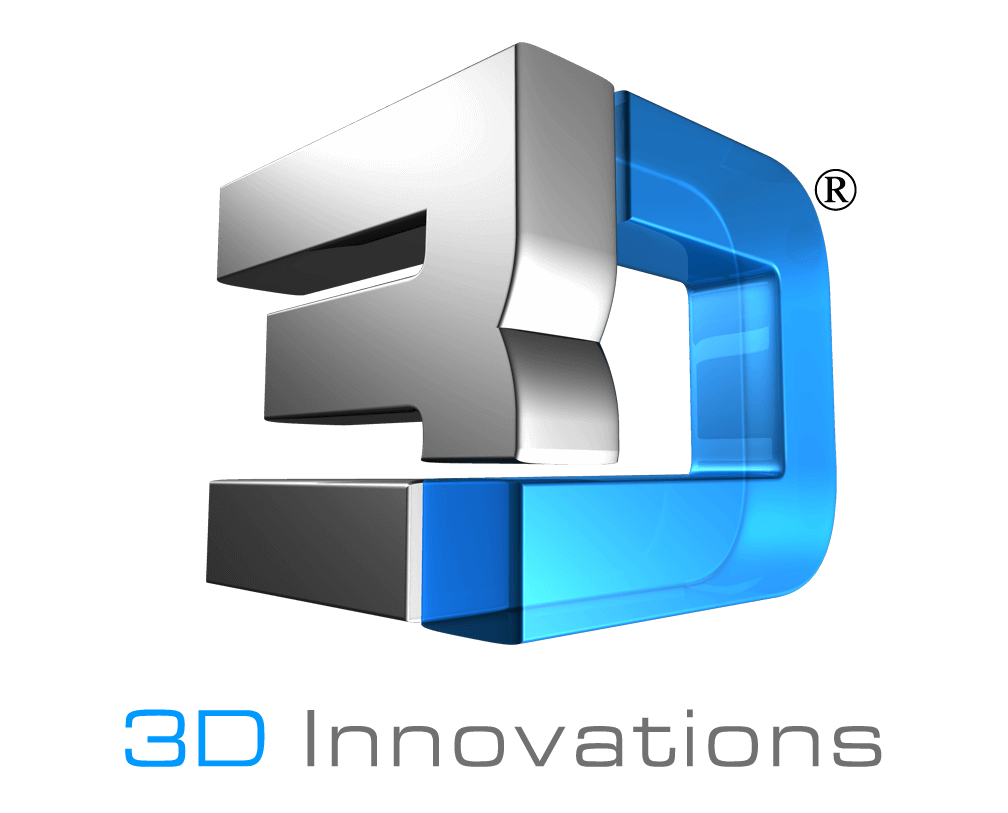Five critical tips on how to successfully get a product to market…
- Define the requirements of your idea
Starting with a sketch of your idea and developing a flow chart of how you intend it to function is a good start. Don’t worry if you think your sketches are too rudimentary, we’ll fix it up for you. List all of the requirement you have including important specifications like size, weight, function, and any special functionality you want your device to have.
One important factor to consider early in the conceptual stage and something to ask yourself is: “what is the market for this product?”. Conduct surveys, focus groups, and talk to potential end users prior to making any major commitments. This feedback will give you a better sense of validating whether or not the product is marketable. Crowdfunding sites such as KickStarter are a good way to validate the marketability of the idea.
- Generate a professional design
Once your sketch is outlined, the detailed design process can begin. Often times the first steps in the design process will include creating Industrial Design sketches to refine the initial concept and provide a clearer design direction before any further work is completed. This will give you a better understanding of what to expect from your 3D Design. After selecting the sketch or sketches you like, those concepts will be developed into a working 3D design. This detailed design process will involve creating a design that is not only manufacturable, but one that includes all of the requirements and specifications that were discussed at the initial design stage. This design is the first prototype, often referred to as a digital prototyping. This process is implemented to accelerate time to market. Packaging of often integrated into this step.
- Create a prototype for testing
Once the design is finalized and approved, several iterations of prototypes are build to test the form, fit, and function of the design. Having a physical prototype is more valuable and provides more benefit than just the digital design. In most cases, several iterations of design and prototyping will be required to fine tune the design and function. 3D Printing or Additive Manufacturing is a quick and cost effective method to create functional prototypes. Subtractive processes such and CNC machining are also an option.
- Validate the design
Test, retest, and more retesting. Put the functional prototypes into hands of end users, potential buyer/distributors, and anyone who can give you critical non biased feedback. This feedback should validate input provided in Step 1.
- Manufacturing
Production manufacturing will be one of the biggest leaps to finalize the product development process. To produce the high quantities needed, tooling or molds will be required to manufacture the parts. The molds are typically made from high grade Steel and are capable of producing hundreds of parts per hour with a lifetime quantity of 400,000+ parts. The tooling will be an investment, but will allow you to cost effectively produce parts for the initial run and also for future orders.
If you have any questions, feel free to contact us or if you need a quote for your next project, click here.
________
3D Innovations is a full service 3D Engineering/Design company – from the 3D Design to a fully functional 3D Prototype & Product.

